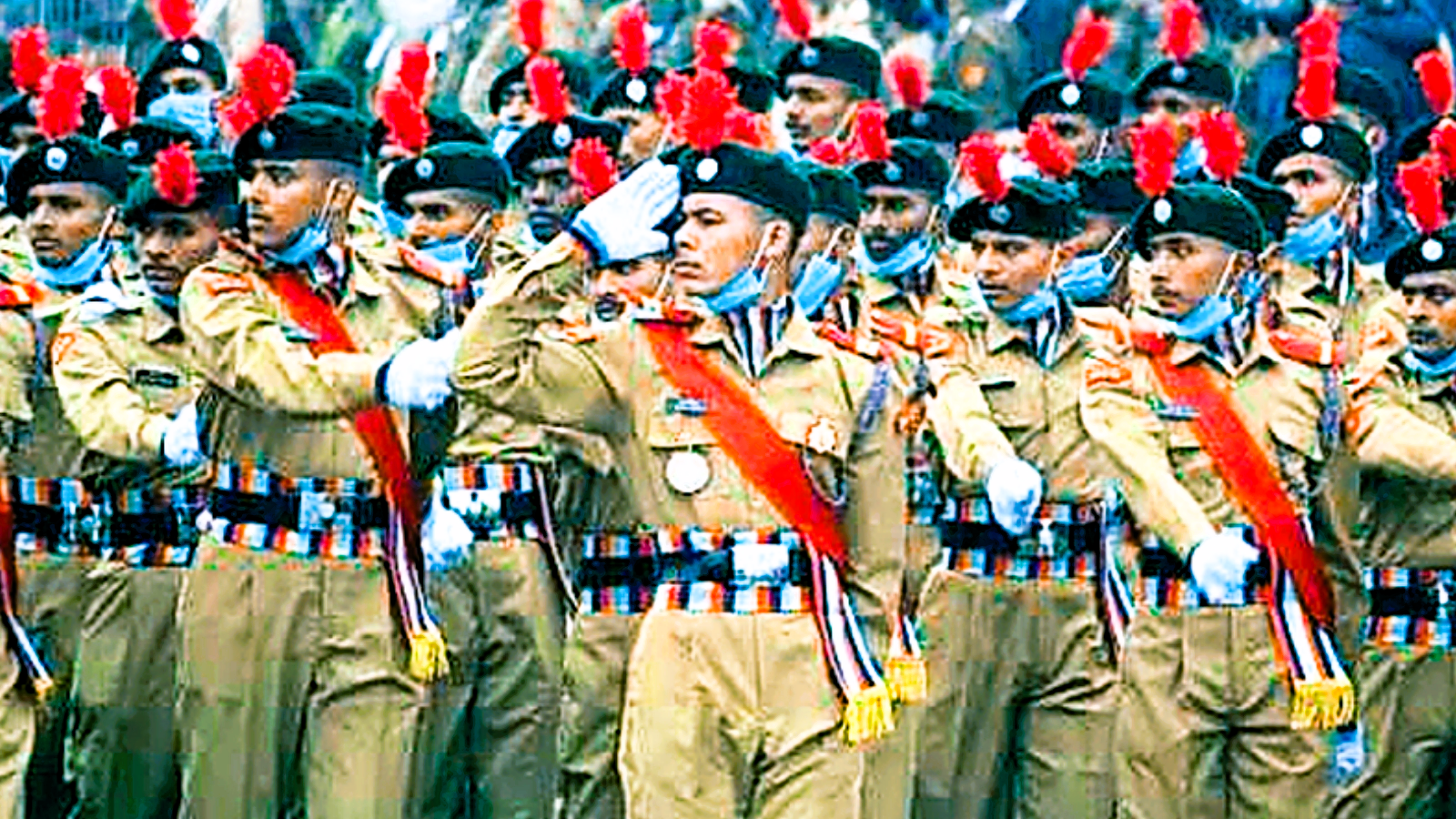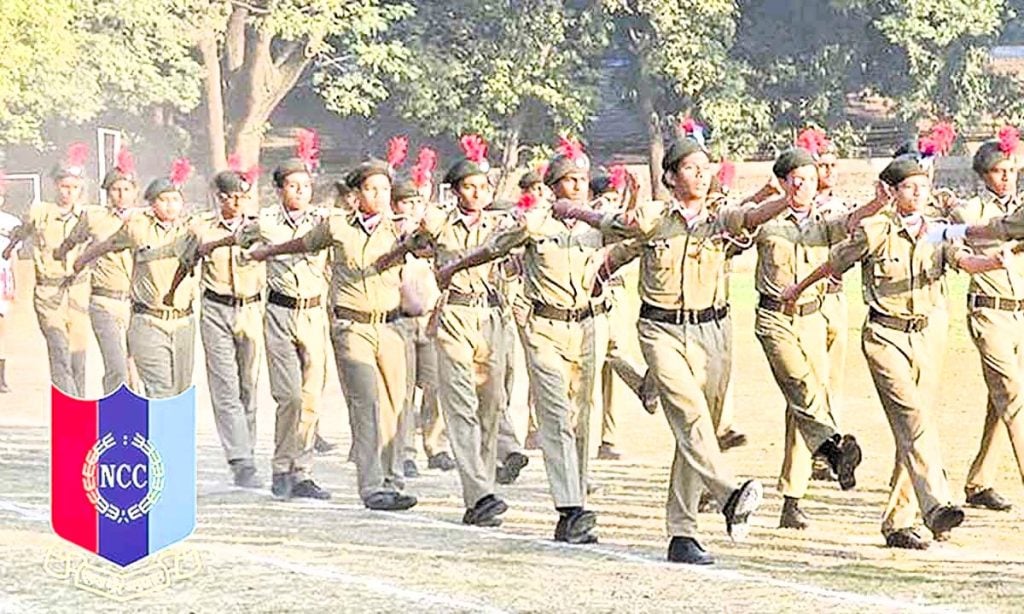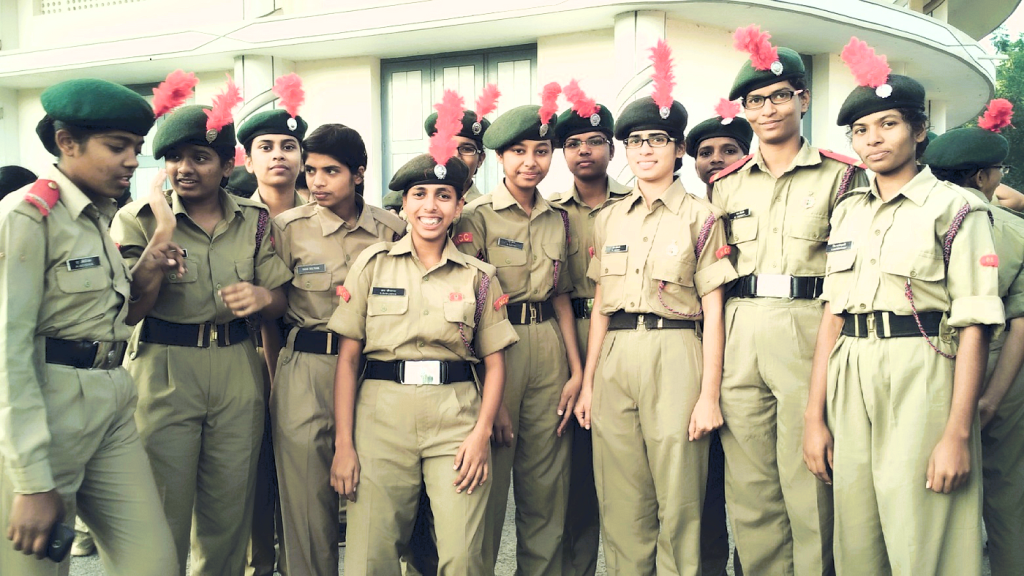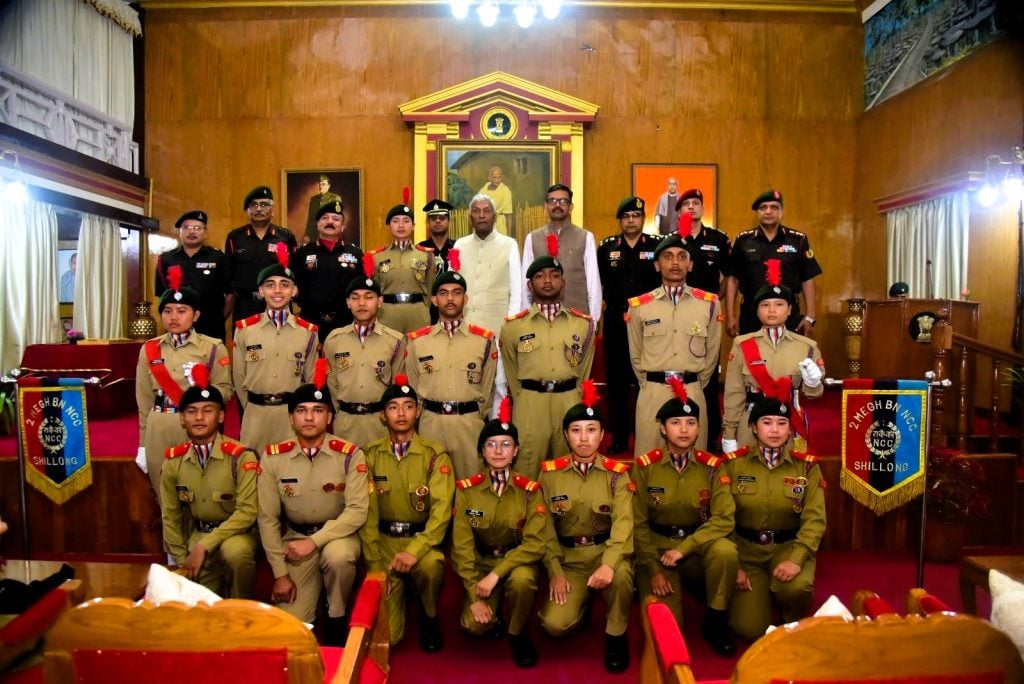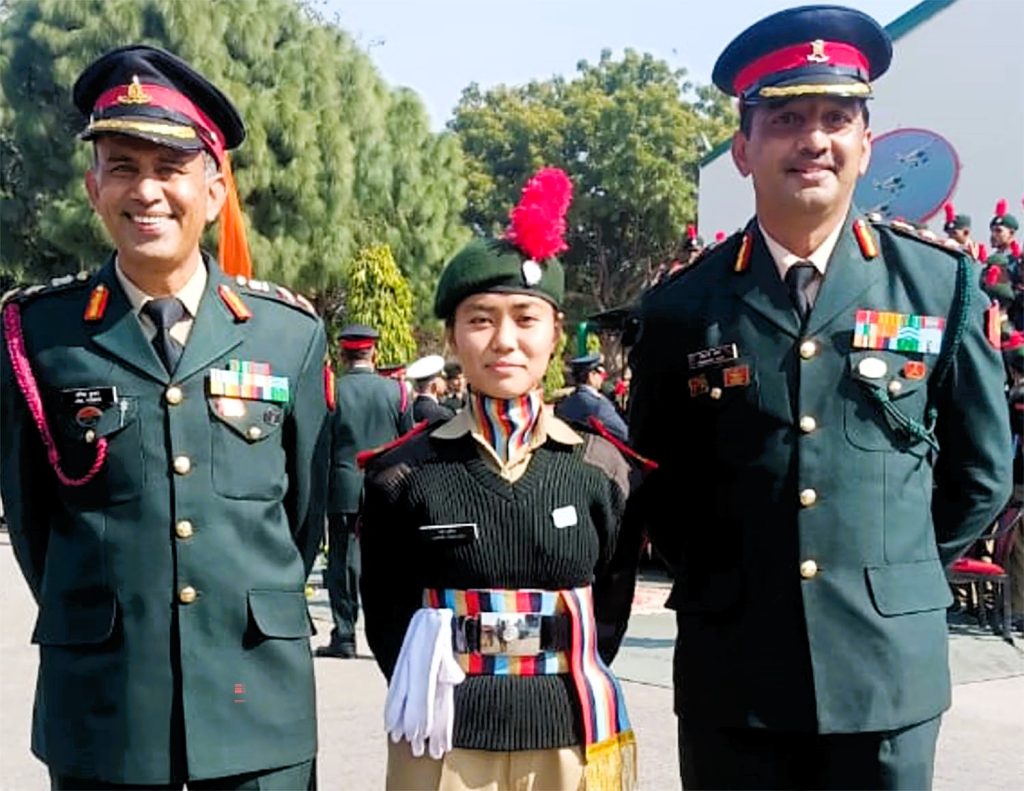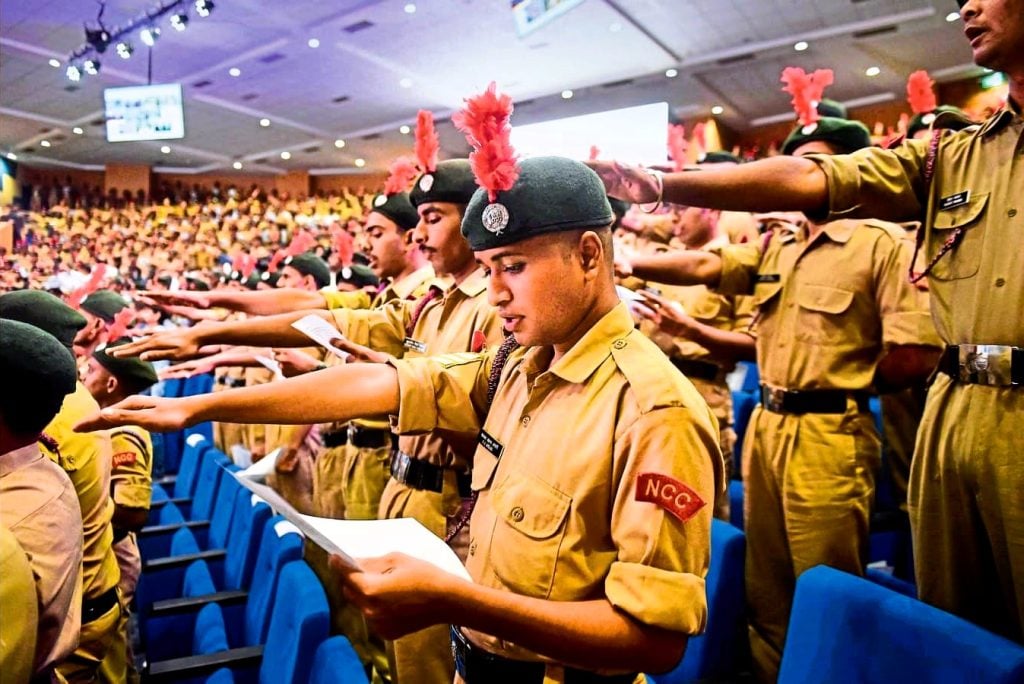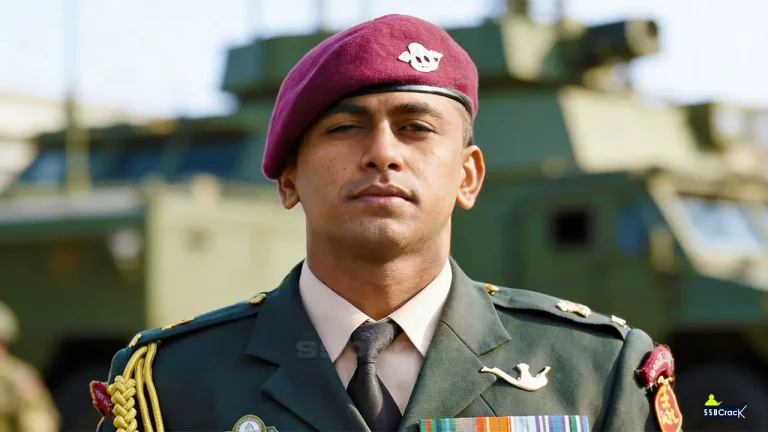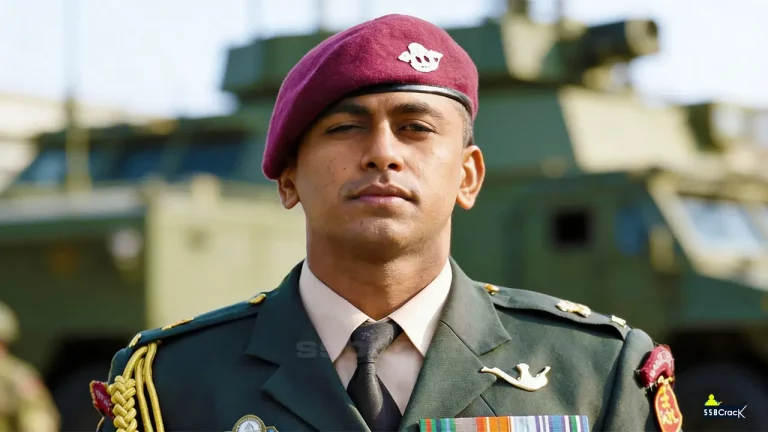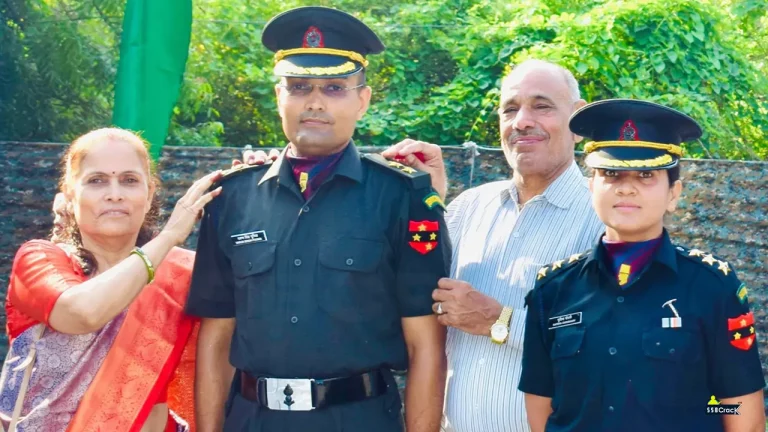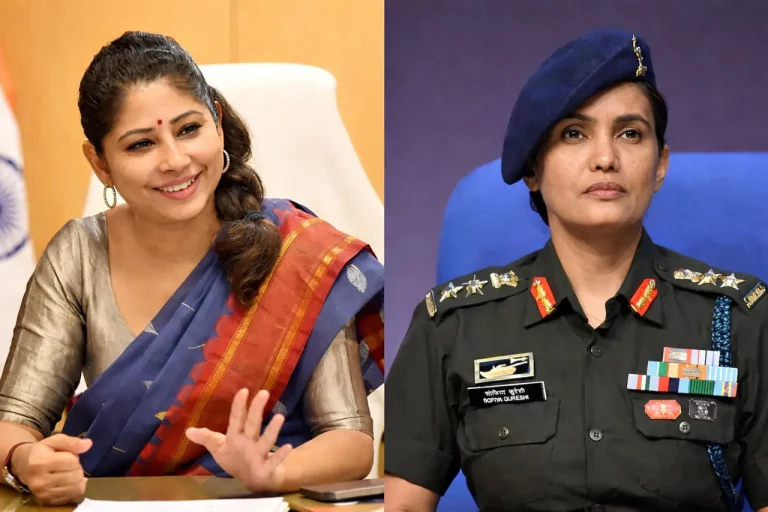The National Cadet Corps (NCC) is a renowned youth organization in India that has been shaping the lives of millions of young individuals since its inception in 1948. As the largest uniformed youth organization in the world, the NCC has evolved over the years to become a pivotal force in instilling discipline, leadership, and a spirit of adventure among its cadets. From providing basic military training to fostering a sense of national integration and social awareness, the NCC has emerged as a crucial platform for nurturing the future leaders and defenders of the nation.
NCC: A Tri-Service Organization
The National Cadet Corps is a tri-service organization, comprising the Indian Army, Navy, and Air Force. Headquartered in New Delhi, the NCC is overseen by a Director General, who is an Army officer holding the rank of Lieutenant General. The organization is further divided into 17 directorates, each commanded by a Brigadier or their equivalent, ensuring a comprehensive coverage across the length and breadth of the country.
The NCC Motto: Unity and Discipline
The NCC’s motto, “Unity and Discipline,” was officially adopted in 1957 and serves as the guiding principle for the organization. This slogan emphasizes the importance of fostering unity among the diverse youth of the nation and instilling a sense of discipline that can be applied in all facets of life. By embracing these core values, the NCC aims to shape its cadets into cohesive, inclusive, and disciplined citizens who contribute to the progress and strength of the country.
| Full Form of NCC | National Cadet Corps |
|---|---|
| NCC Motto | Unity and Discipline |
| NCC Official Website | indiancc.nic.in |
The Evolution of the NCC
The roots of the NCC can be traced back to the University Officers Training Corps, which was established by the British during the Second World War. After India’s independence in 1947, the National Cadet Corps Act of 1948 was enacted, leading to the formation of the NCC as we know it today. In the early years, the NCC’s focus was primarily on military training, with cadets playing a crucial role in supporting the armed forces during the 1965 and 1971 conflicts.
Top 5 Japanese Aircraft of WWII
Shifting Focus: From Military Training to Leadership Development
In the post-1971 era, the NCC curriculum underwent a significant shift, with greater emphasis placed on the development of leadership and officer-like qualities (OLQs) among the cadets. While military training remained an integral component, the NCC’s focus expanded to include character building, community development, and the fostering of a secular outlook among its members.
The Three Aims of the NCC
The NCC’s three primary aims, as outlined in 1988, continue to guide the organization’s efforts in the current socio-economic scenario of the country:
- To develop character, comradeship, discipline, leadership, a spirit of adventure, a secular outlook, and selfless service among the youth of the nation.
- To create a pool of motivated, organized, and trained youth to provide leadership in all walks of life.
- To create a suitable environment for the youth to join the Indian Defence Forces.
NCC Certificates and Opportunities
The NCC offers three types of certificates to its cadets: A, B, and C. The most coveted of these is the “C” certificate, which not only provides various advantages in the defence services but also awards marks in several other competitive examinations. Cadets with the “C” certificate are eligible for a fixed quota in the defence services, as well as the NCC special entry scheme.
NCC Activities and Initiatives
The NCC offers a wide range of activities and initiatives to its cadets, grouped into five broad categories: annual training camps, weapon training, aviation, sea training, and visits to military colleges. Additionally, cadets actively participate in community development programs, such as adult literacy drives, drug addiction awareness campaigns, tree planting drives, blood donation camps, and AIDS awareness rallies.
The NCC’s Role in Times of Crisis
During times of war or national emergencies, the NCC has played a crucial role in supporting the Indian Armed Forces. In the 1965 and 1971 conflicts, NCC cadets assisted in delivering weapons and ammunition to the front lines, as well as in capturing enemy paratroopers and aiding civil defense officers with rescue and traffic control operations.
The NCC’s Impact on Cadet Development
The NCC’s comprehensive training and activities have a profound impact on the personal and professional development of its cadets. By instilling values like discipline, leadership, and a spirit of adventure, the organization helps shape well-rounded individuals who are equipped to excel in various spheres of life, including the military, civil services, and the corporate world.
10 Biggest Submarines In The World Right Now
The NCC’s Contribution to Nation-Building
Beyond its role in shaping individual lives, the NCC’s contribution to nation-building is immeasurable. By fostering unity, discipline, and a sense of national pride among its cadets, the organization plays a pivotal role in strengthening the social fabric of the country and promoting the ideals of a united, inclusive, and progressive India.
The Future of the NCC
As the NCC continues to evolve and adapt to the changing needs of the nation, the organization remains committed to its core mission of nurturing the youth and preparing them for the challenges of the future. With a focus on technological advancements, innovative training programs, and a renewed emphasis on environmental sustainability, the NCC is poised to play an even more significant role in shaping the leaders and defenders of tomorrow.
Top 11 Facts About Indian Military Academy
Conclusion
The National Cadet Corps is a testament to the power of youth empowerment and the transformative impact of disciplined, values-driven education. By instilling a strong sense of purpose, leadership, and national pride, the NCC has become an indispensable institution in the fabric of Indian society. As the organization continues to grow and evolve, it remains a beacon of hope and inspiration for generations of young individuals who aspire to serve their nation with unwavering dedication and a deep-rooted commitment to the ideals of unity and discipline.
FAQs
1. What is the full form of NCC?
The full form of NCC is the National Cadet Corps, which is the youth wing of the Indian Armed Forces.
2. When was the NCC established?
The NCC was established in 1948 under the National Cadet Corps Act.
3. What are the different types of NCC certificates?
The NCC offers three types of certificates: A, B, and C. The “C” certificate is the most coveted and provides various advantages in the defence services and other competitive examinations.
4. How does the NCC contribute to nation-building?
The NCC contributes to nation-building by fostering unity, discipline, and a sense of national pride among its cadets. It helps shape well-rounded individuals who are equipped to excel in various spheres of life, including the military, civil services, and the corporate world, thereby strengthening the social fabric of the country.
5. What are the three main aims of the NCC?
The three main aims of the NCC are:
To develop character, comradeship, discipline, leadership, a spirit of adventure, a secular outlook, and selfless service among the youth of the nation.
To create a pool of motivated, organized, and trained youth to provide leadership in all walks of life.
To create a suitable environment for the youth to join the Indian Defence Forces.
